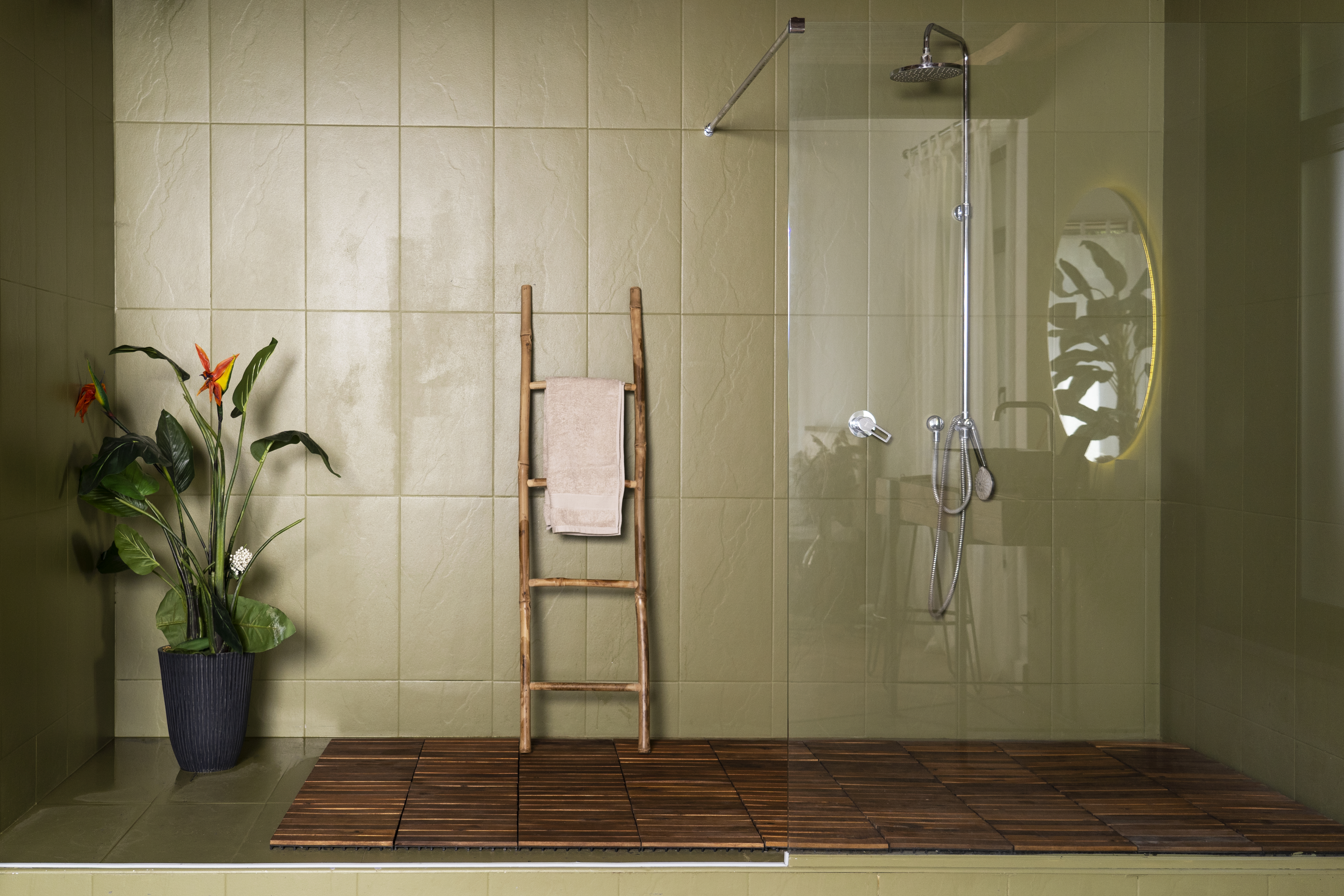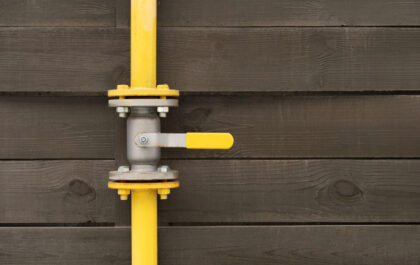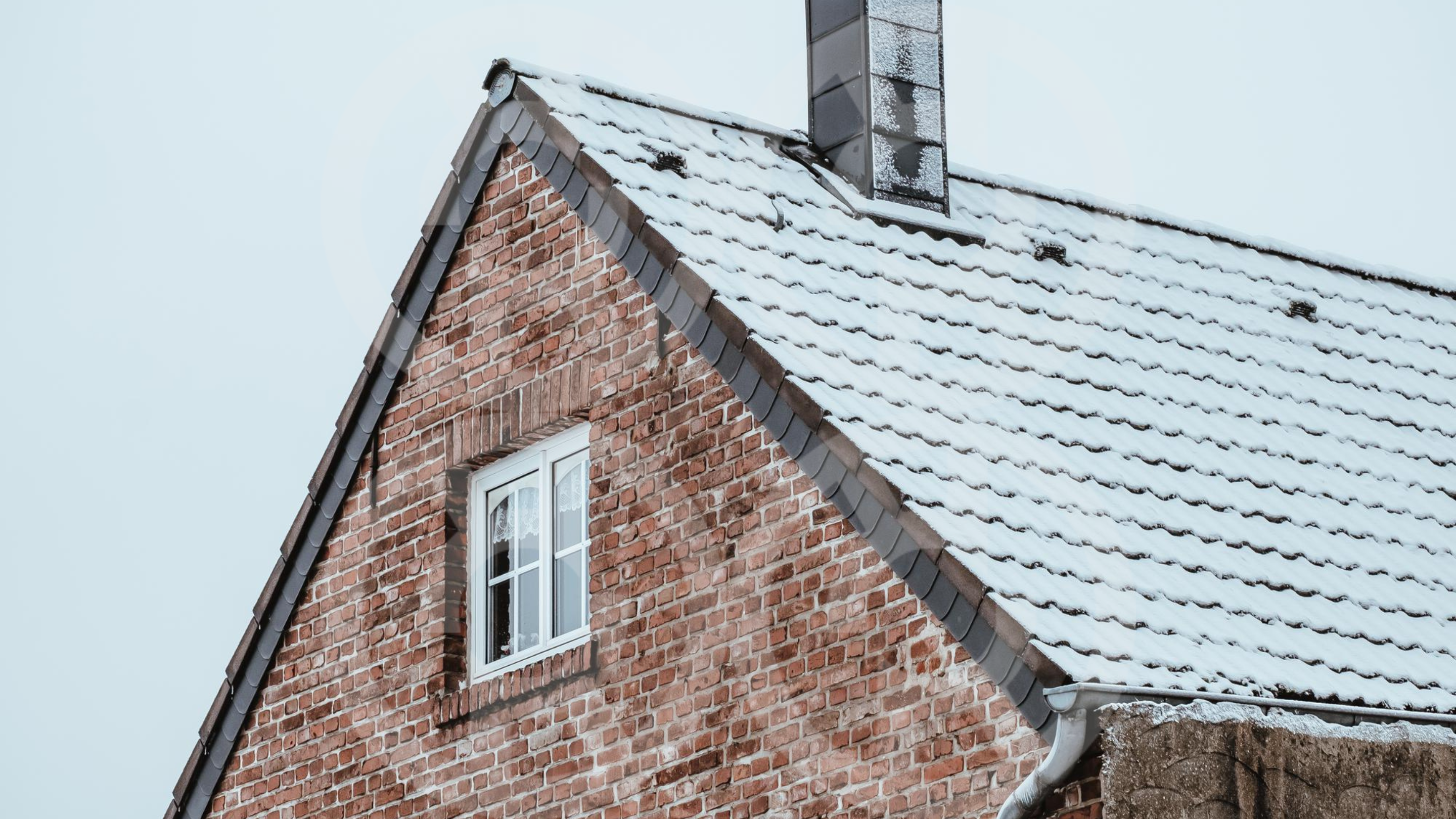Planning a bathroom remodel in 2025? Selecting the best tile for your shower is more than just a design decision – it influences your bathroom’s durability, safety, and overall appeal. At ReadyRemodel, we understand how crucial it is to pick shower tiles that blend aesthetics with functionality.
In this comprehensive guide, we’ll explore the various types of tile for showers, spotlight the best tile for bathroom showers, and share practical tips on installation and maintenance. By the end, you’ll know exactly which shower tile material suits your needs and style.
Understanding Different Shower Tile Types
When it comes to shower tiles, there’s no one-size-fits-all solution. Your choice depends on factors like water resistance, slip safety, budget, and style preferences. Here’s a breakdown of the most popular shower tile types:
Ceramic and Porcelain Tiles
Ceramic and porcelain are top choices for many homeowners because of their excellent water resistance and wide range of designs. Both are manufactured from dense clay but porcelain is fired at a higher temperature, making it denser and more durable. These tiles commonly come glazed, offering waterproof surfaces perfect for showers.
Pros include affordability, versatility with sizes and patterns, and relative ease of maintenance. On the downside, these tiles can feel cold underfoot and may require professional installation to ensure proper waterproofing.
Natural Stone Tiles
Materials like marble, limestone, and slate offer luxurious looks that bring natural beauty into your shower. However, these soft stone tiles are porous and may stain or etch easily, requiring frequent sealing and upkeep. For this reason, they’re often less recommended for shower floors but can work on walls with proper treatment.
Glass Tiles
Glass tile adds a luxurious and luminous effect to shower walls. Their reflective surfaces brighten up the space and are available in a variety of colors and finishes. Glass tiles are non-porous and stain-resistant, making them easy to clean.
That said, glass tiles are prone to showing water spots and soap scum, and their installation demands precision. They also tend to be more costly than ceramic or porcelain options.
Mosaic Tiles
Mosaics, often composed of smaller tiles like glass, stone, or porcelain pieces, create textured shower floors that improve grip and safety. Their smaller size also allows them to conform to floor slopes better, ideal for wet areas like showers.
Best Tile for Shower Floors: Prioritizing Safety and Durability
Choosing the best tile for shower floors requires a focus on slip resistance and water resistance. While matching floor and wall tiles can look cohesive, shower floors demand tiles designed to reduce slipping risks.
Experts recommend tiles with a dynamic coefficient of friction (DCOF) rating of 0.42 or higher for shower floors. Smaller tiles such as mosaics provide more grout lines which improve traction. Textured or matte-finished porcelain and ceramic tiles are popular picks as they combine durability with slip safety.
Porcelain tiles, in particular, are highly dense and less porous, offering superior resistance to stains, scratches, and moisture damage – making them excellent for shower floors.
Cost Considerations for Shower Floor Tiles
| Tile Type | Price per Square Foot | Durability | Installation Complexity |
|---|---|---|---|
| Ceramic | $3 – $10 | Moderate | Moderate |
| Porcelain | $5 – $15 | High | Challenging |
| Natural Stone | $7 – $20 | Moderate | High |
| Glass | $10 – $30 | Good (walls) | High |
Best Tiles for Shower Walls and Backsplashes
Shower walls don’t demand the same slip resistance as floors, which opens up a wider selection of tile types and styles. Here are the leading contenders for shower walls:Large Format Tiles
Large format tiles cover more surface with fewer grout lines, lending a sleek, modern look and simplifying cleaning. Reduced grout lines minimize mold and mildew growth, promoting a cleaner shower atmosphere. Nonetheless, due to their size, these tiles can be tricky to install evenly, and professional help is usually necessary.Classic Subway Tiles
Subway tiles offer timeless charm and versatility. They fit seamlessly into both traditional and contemporary bathrooms. Available in numerous colors and finishes, subway tiles are relatively beginner-friendly for installation. The flip side? The numerous grout lines require regular maintenance to prevent mold and mildew buildup.Glass Tiles for a Luxurious Touch
Glass tiles infuse your shower walls with light and vibrancy, perfect for smaller bathrooms needing a spacious feel. Their durable, non-porous nature ensures they resist stains and cleaning hassles. Keep in mind, glass tiles come with a higher price tag and demand meticulous installation to minimize visible adhesive spots.Tiles to Avoid in Shower Areas
Some tile types, despite their appeal, can cause problems in wet shower environments. Here are a few to steer clear of:- Glossy Finish Tiles: While they may look striking, their slick surfaces pose a slip hazard when wet.
- Soft Stone Tiles: Marble and limestone are beautiful but highly porous, requiring extensive sealing and maintenance. They are prone to staining and wear quickly in shower settings.
- Large Format Tiles on Floors: These can reduce grip due to fewer grout lines and complicate proper floor slope installation, leading to drainage issues.
Where Should Shower Tile End? 8 Feet Vs. Ceiling Height
Deciding how high to extend your shower tile can affect both waterproofing and aesthetics.
Tiling up to 8 Feet
This common option protects most of the shower area and is budget-friendly. However, it leaves the upper walls exposed to potential moisture damage, especially in steam showers.
Extending Tile to the Ceiling
Full-height tiling offers maximum moisture protection and a streamlined, modern look. The cost is higher due to extra materials and labor, but the benefits in longevity and style are significant.
Summary and Next Steps
In summary, the best tile type for shower floors focuses on safety and durability – with porcelain and ceramic mosaics topping the list. For walls and backsplashes, large format porcelain, classic subway, and glass tiles provide beautiful, functional options. Avoid glossy finishes and soft stones that can undermine safety and maintenance.
Decide how high to tile based on your budget and moisture concerns, and consider professional installation for best results. ReadyRemodel is here to connect you with trusted bathroom remodel experts who can bring your vision to life, balancing style, safety, and lasting quality.
Ready to begin your bathroom transformation? Find qualified contractors near you with ReadyRemodel and get free quotes today!
Frequently Asked Questions About Shower Tiles
- What tile is best for shower walls? Porcelain and ceramic tiles are excellent for shower walls due to their water resistance and design flexibility.
- Which tile types are most slip-resistant for shower floors? Smaller mosaic tiles with textured surfaces and a high DCOF rating provide the safest footing.
- Can I use natural stone in my shower? Natural stone can be used on walls but needs regular sealing and maintenance to prevent damage. It’s generally not recommended for shower floors.
- Why avoid glossy tiles in showers? Glossy tiles become slippery when wet, increasing the risk of falls.
- Should I tile my shower all the way to the ceiling? Tiling to the ceiling offers the best moisture protection but costs more. Many homeowners choose to tile up to 8 feet for a balance of cost and protection.




